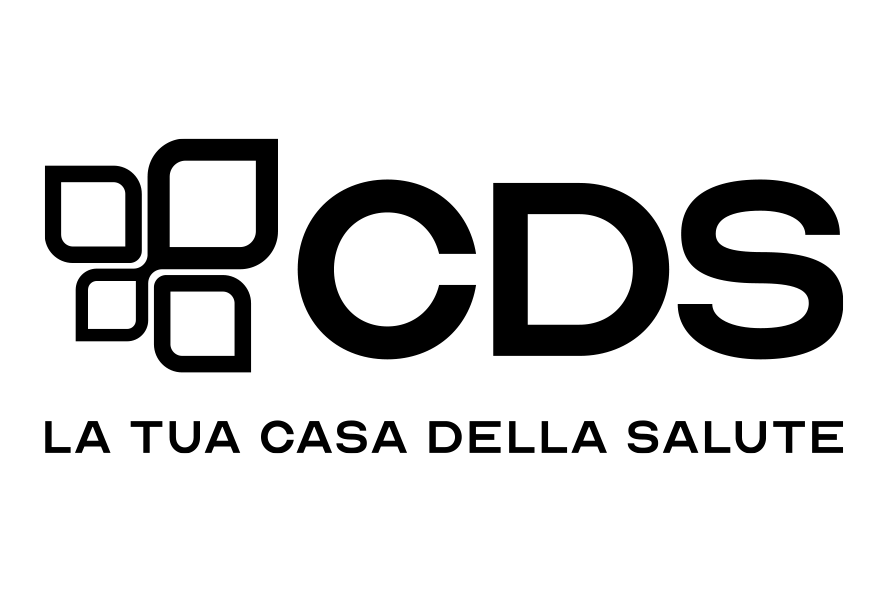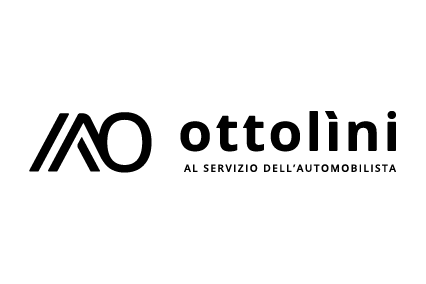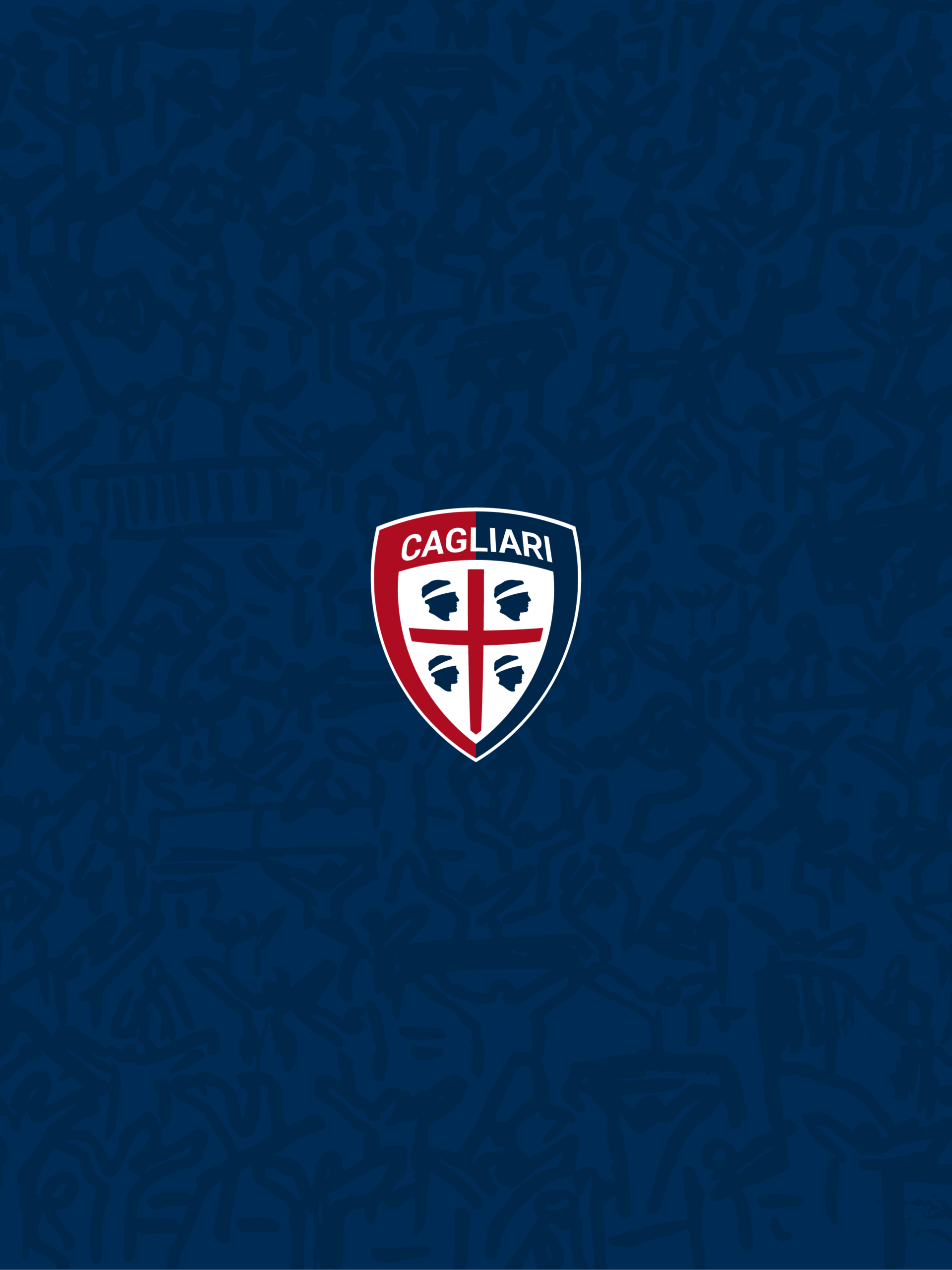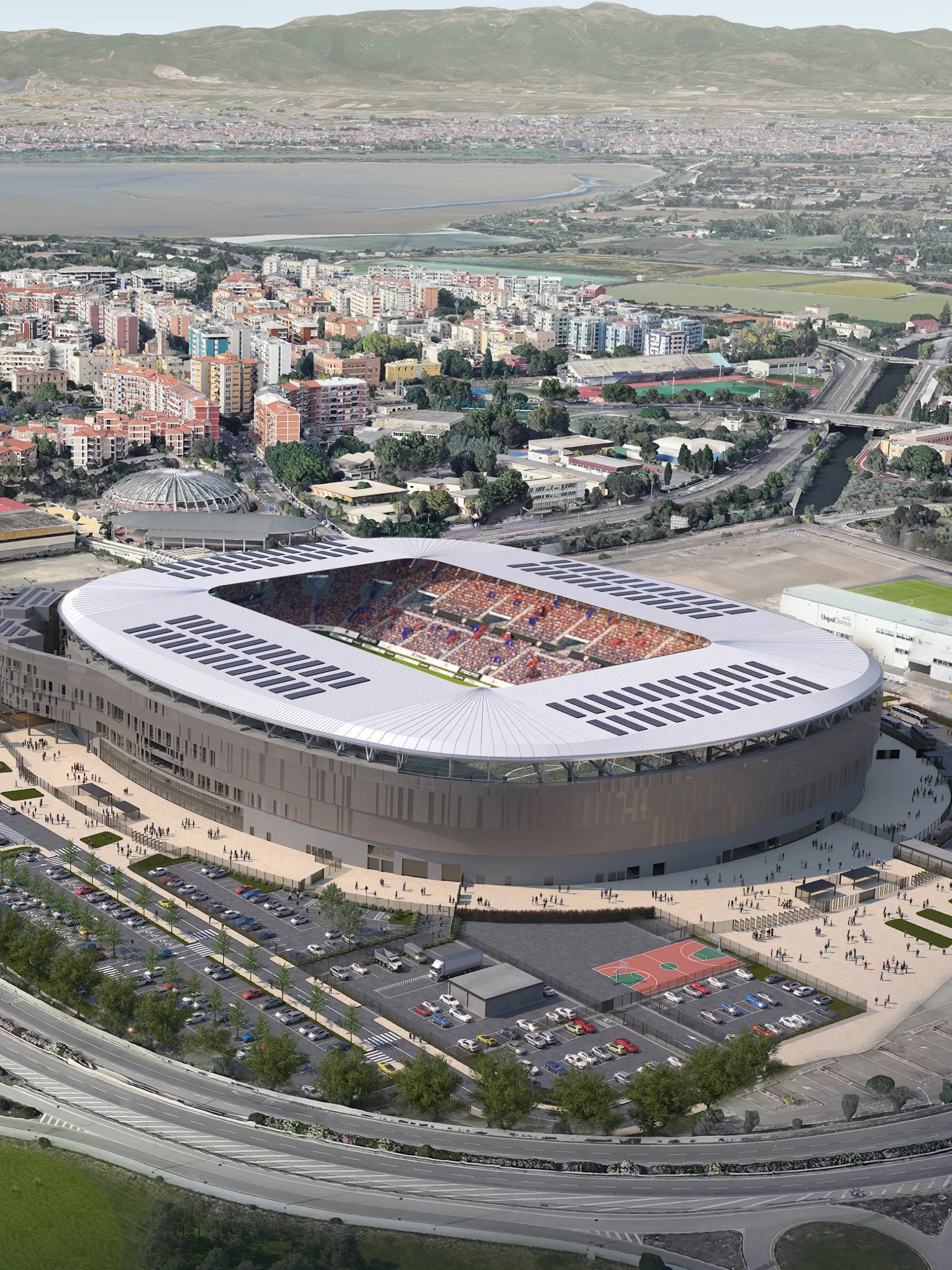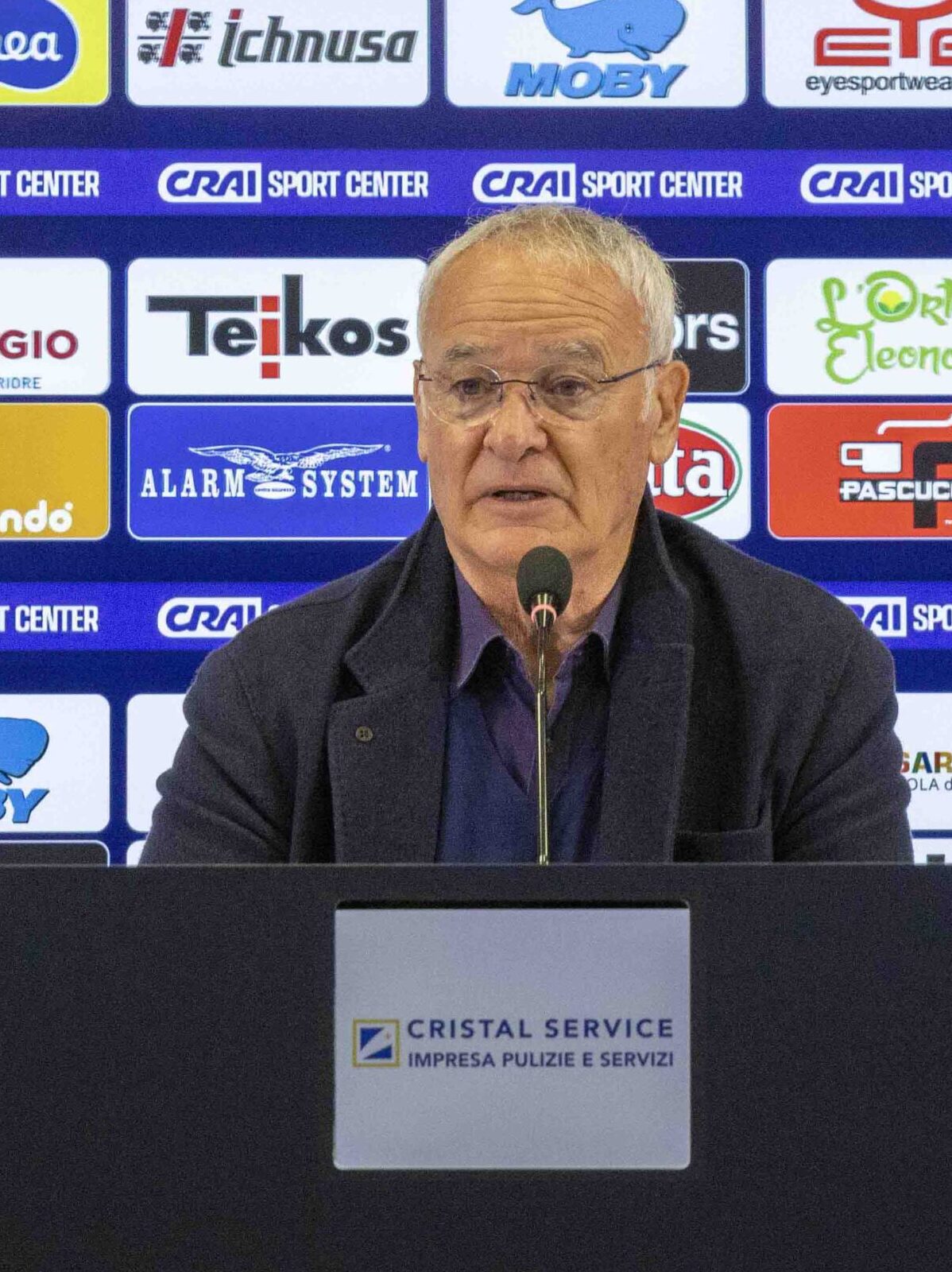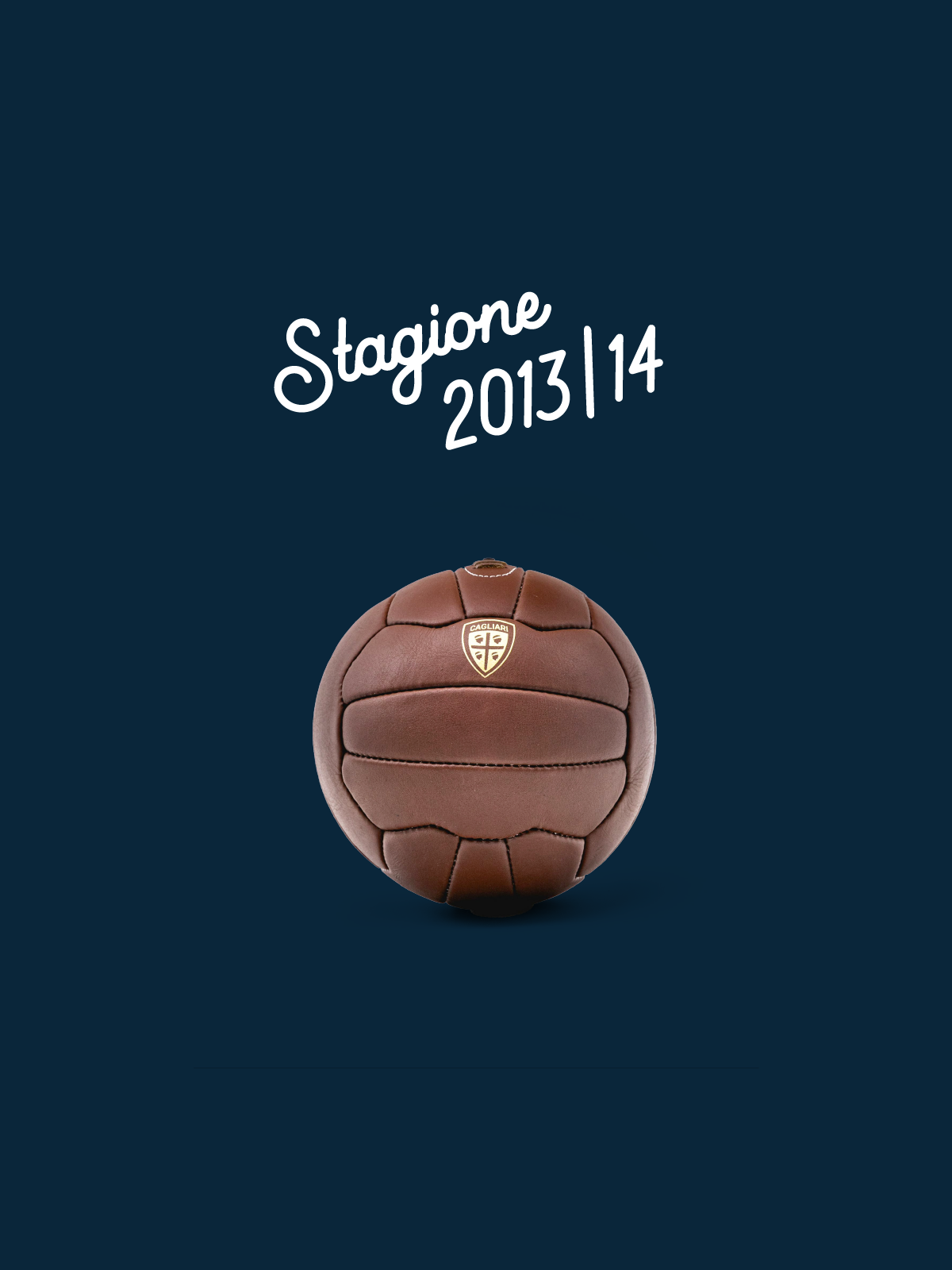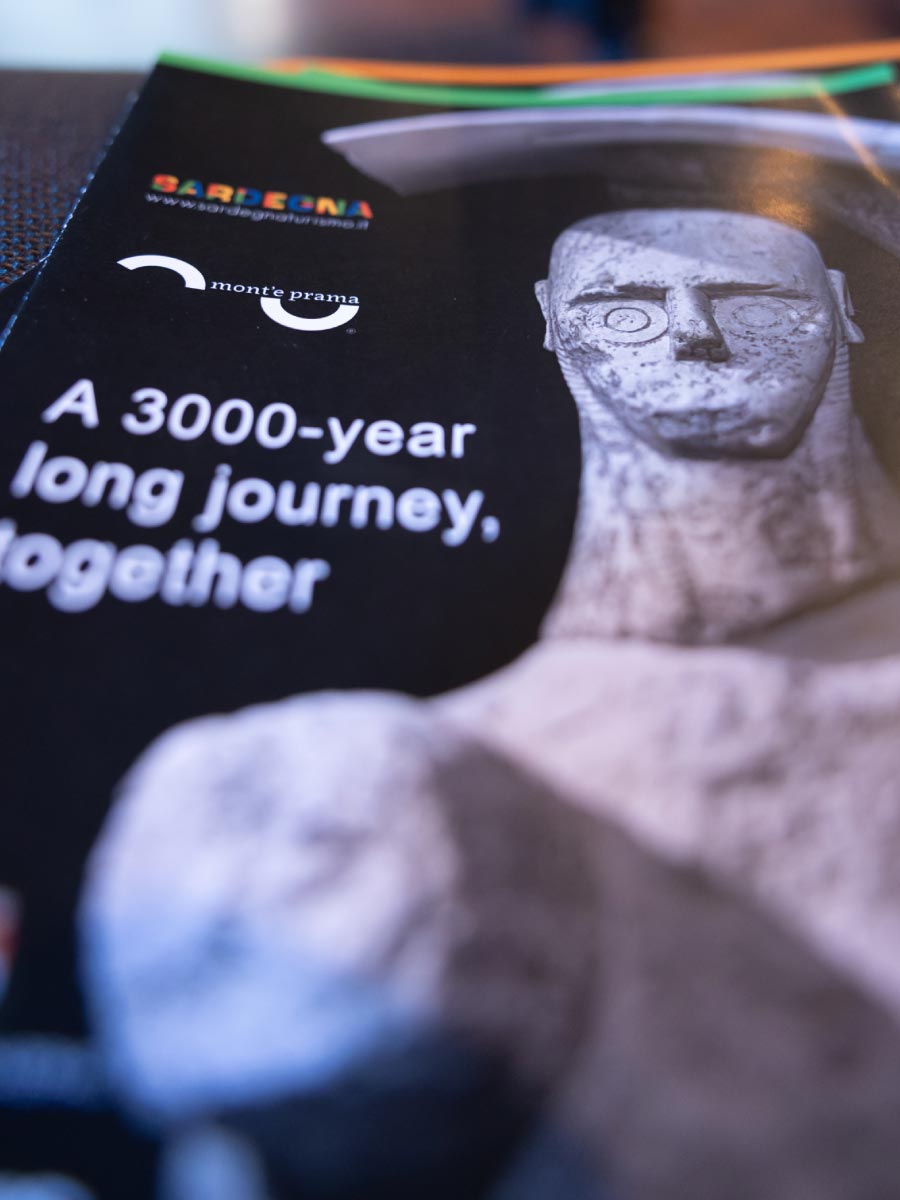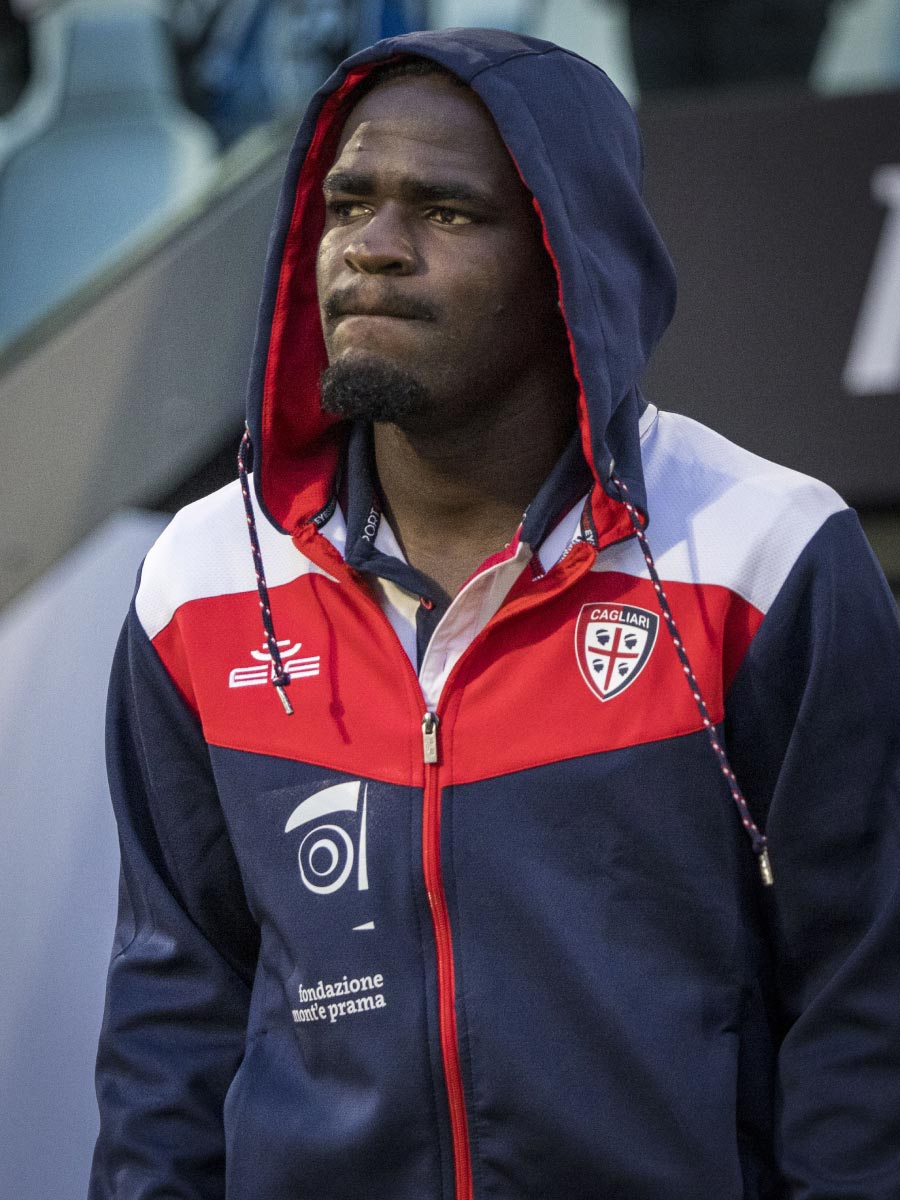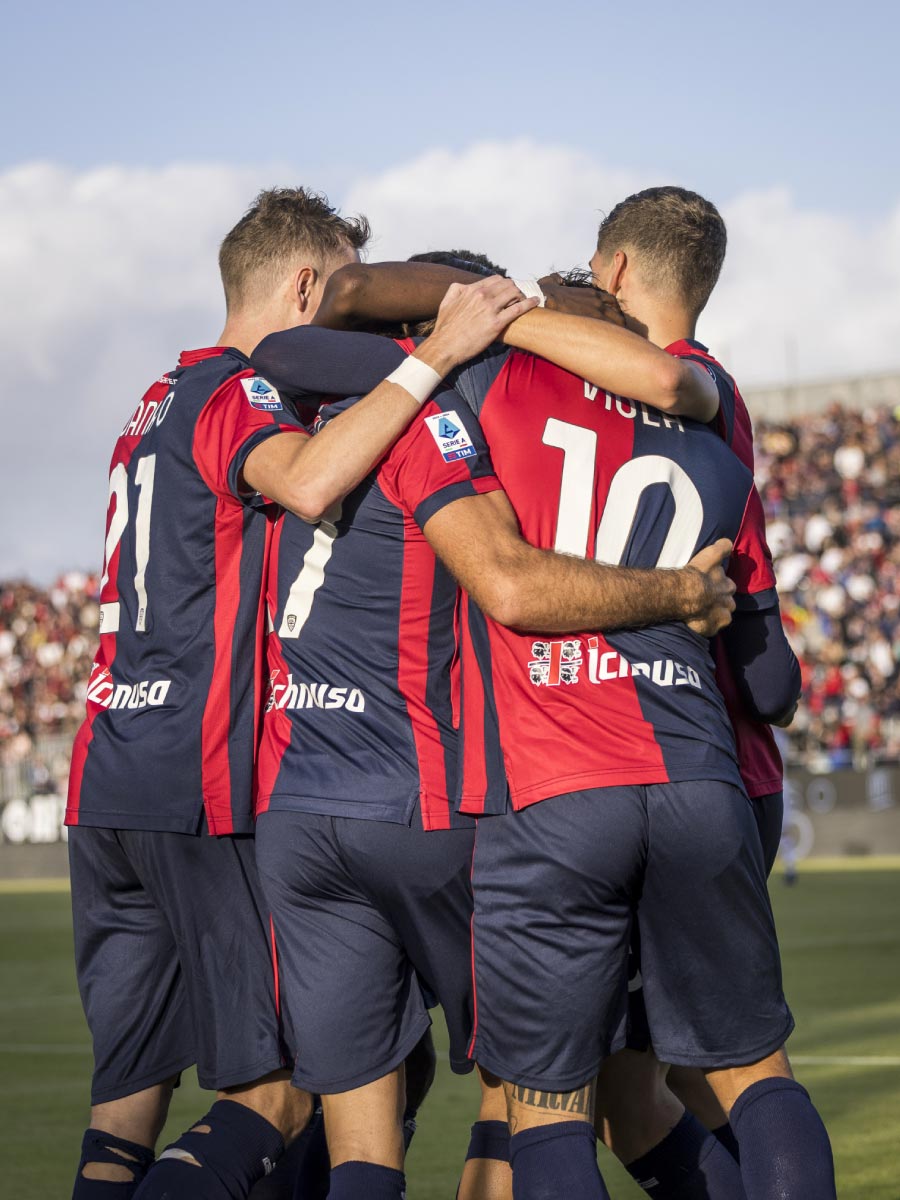The General Manager Stefano Melis on Radiolina
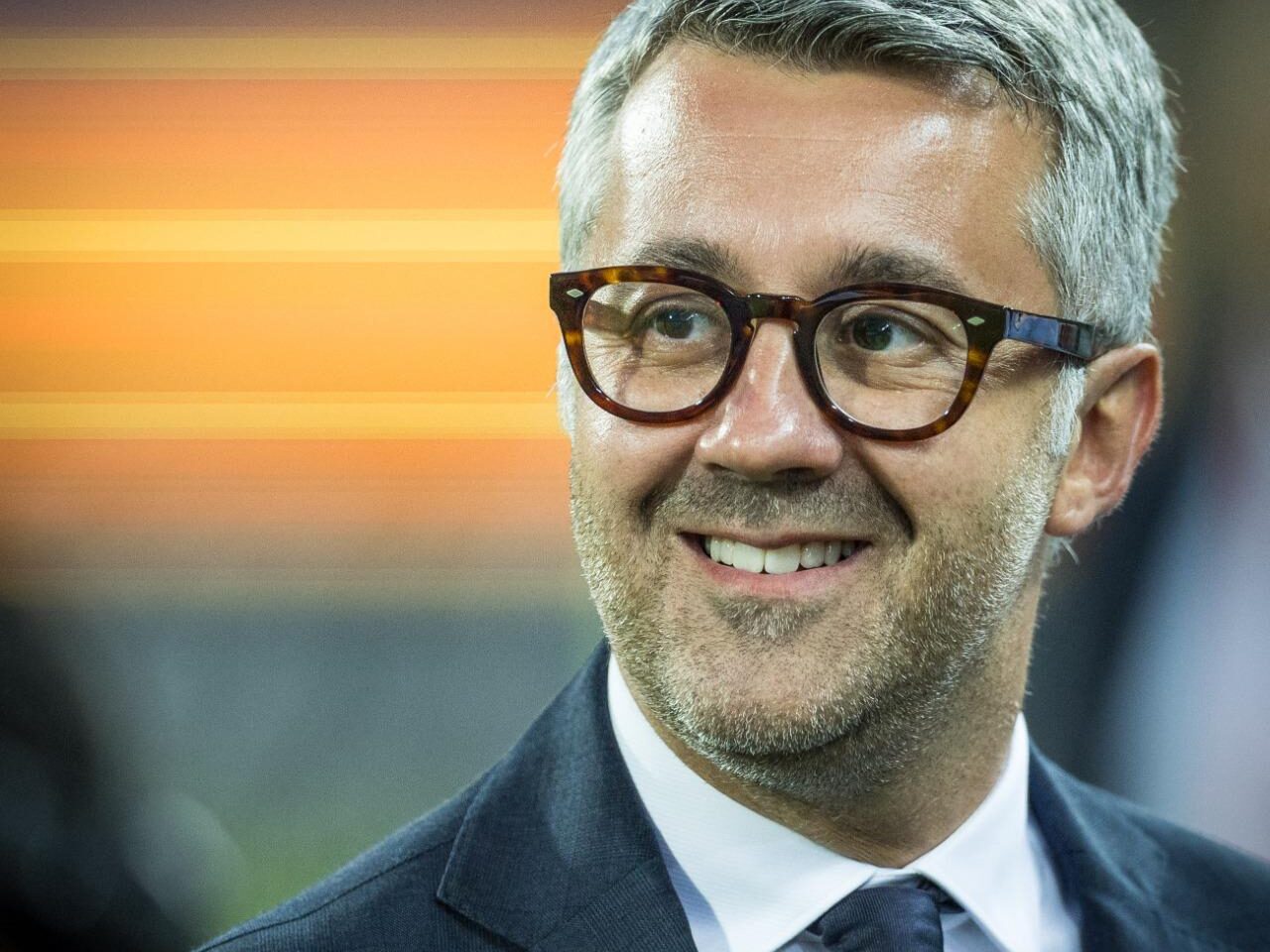
The General Director of Cagliari, Stefano Melis, appeared on “Conti di Famiglia,” a show dedicated to the economy aired on Radiolina. The focus was on the new Cagliari stadium, a project that the rossoblù club has been working on for some time and is now entering a decisive phase.
“We aim to have a stadium that is more suitable than the current one, with a capacity of 25,000 seats, already designed for future expansion to 30,000. With 9-10 thousand more seats, we could certainly make many fans happy, as many of them struggle to find tickets for Cagliari’s home games. Over the years, we’ve always ranked first in terms of load factor (the filling rate in relation to capacity), an emblematic figure that shows how the stadium is truly too small and that there’s a real need for a new home.”
“A new stadium for Cagliari would be a fundamental step for the overall development of the Club, primarily from a sporting perspective, because higher revenues mean more resources available to grow technically, in terms of the strength of the squad on the pitch. I would also add that having a modern facility with a larger capacity would allow us to attract more spectators, increasing not only direct revenues but also our media impact, improving our position within the TV rights distribution system. This would help us secure a larger share of the 20% of TV rights linked to the fan base, as established by the Melandri Law, further enhancing our economic and thus sporting competitiveness.”
And he continued: “For the Club, it would be easier to better support operational costs, thus offering a quality product to the fans,” Melis said. “This would not result in excessive cost increases for families. In fact, with higher revenues, we could also think about implementing initiatives that make access to football more affordable for everyone.”
Crucial in the matter of TV rights and subscription package prices for fans is the issue of combating piracy:
“The Lega Serie A, with President Casini and CEO De Siervo leading the way, is working alongside the Government and the Clubs to finally establish an effective system. The estimate of around 300 million euros annually flowing into illegal markets is emblematic. Just think about how much a sum like that could help grow the football system. Broadcasters themselves could offer more advantageous packages to fans, perhaps even personalized and targeted based on different price ranges and consumer age groups.
The costs of following football in Italy are generally more competitive compared to countries like the United Kingdom or Spain, where subscriptions can be significantly more expensive. However, the cost should not only be evaluated in economic terms but also in relation to the quality and accessibility of the product offered. In Italy, the evolution of streaming platforms has made football more accessible, but there is still room to improve the user experience. The illegal distribution of matches seriously harms the revenue of operators, forcing them to raise subscription prices to compensate for losses. Piracy, in fact, undermines the sustainability of the business model linked to TV rights, penalizing both the clubs—who see their potential income reduced—and the fans, who face higher costs.
Achieving a quality experience at an affordable price, while minimizing the incentive for consumers to resort to piracy, is the real challenge. Surely, the fragmentation of the offering among various operators represents another challenge for families and fans. When it’s necessary to subscribe to multiple services to follow all the competitions, the overall cost can become high, limiting access to football for many enthusiasts. It’s crucial that broadcasters and leagues understand the needs of fans and work to offer more flexible solutions.”
When questioned about the comparison with the U.S. market and the way sport is understood in the USA, Melis explains how “across the ocean, sport is seen as a comprehensive entertainment experience, with modern facilities offering top-level services for fans, focusing heavily on engagement and generating revenue beyond just the sporting event. This is a model that could also be adopted here in Italy, where football has an unmatched tradition and passion.”

